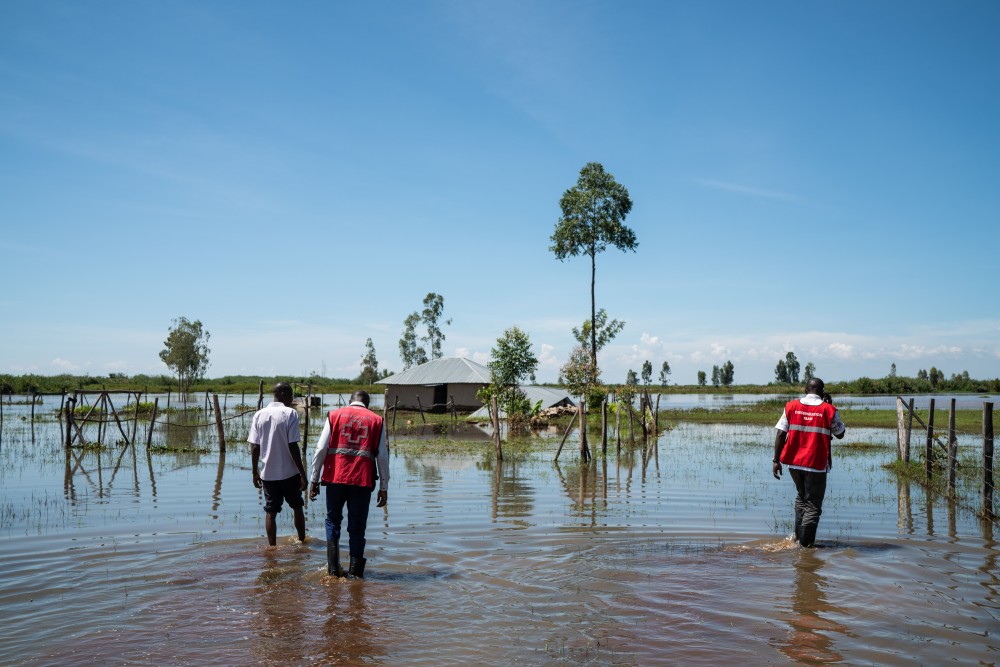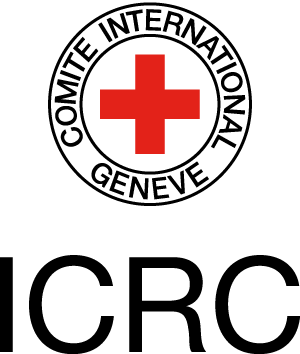International Committee of the Red Cross
Established in 1863, the International Committee of the Red Cross is an impartial, neutral and independent organisation whose exclusively humanitarian mission is to protect the lives and dignity of victims of armed conflict and other situations of violence and to provide them with assistance. The ICRC also endeavours to prevent suffering by promoting and strengthening humanitarian law and universal humanitarian principles.
It is based in Geneva, Switzerland, and employs over 20,000 people in more than 100 countries. The ICRC is funded mainly by voluntary donations from governments and from National Red Cross and Red Crescent Societies.
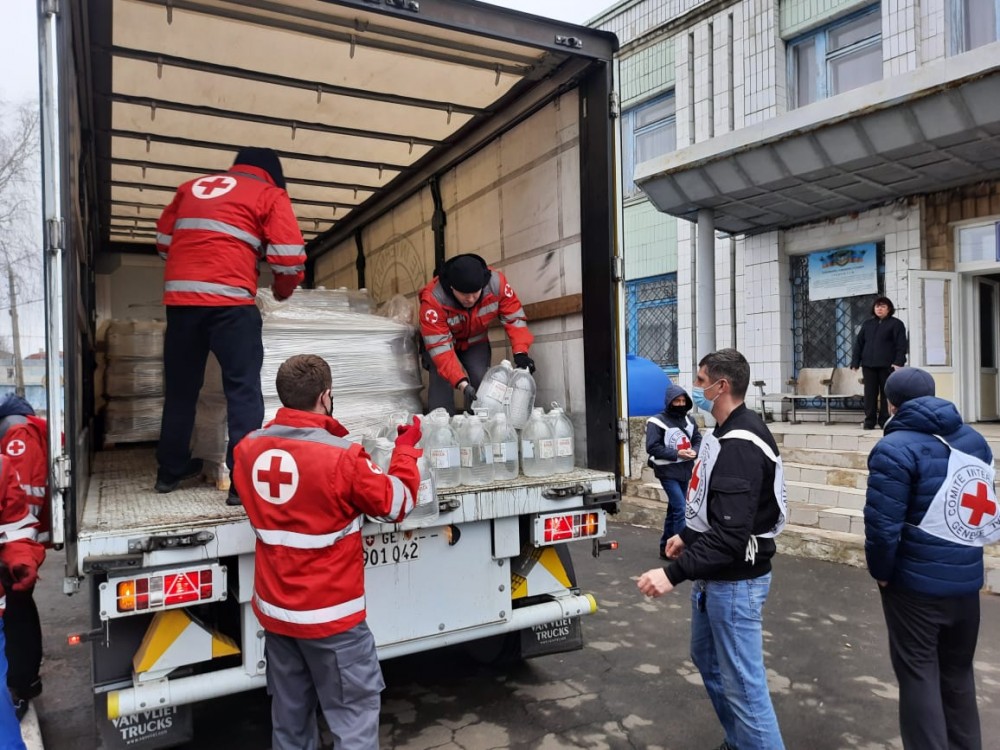
Key figures
- Countries of intervention: 100+ countries | (20 principal)
- Number of employees: 20,000+
- Expenditures: CHF 1.89 billion (2021)
Partnership with the Climate Action Accelerator
The ICRC officially came on board the Climate Action Accelerator in September 2021. In October 2021, we began working on the methodology for the decarbonisation roadmap and the co-construction was launched at the beginning of 2022. The roadmap is expected at the end of 2022.
Environmental commitment
The ICRC has taken multiple steps to engage in sustainability and climate action, cognisant of the environmental impacts of the operations of the humanitarian sector. This timeline, in descending order, presents a few of the organisation’s key actions and headline projects on the matter.
Environmental démarche
The Climate Charter
In line with the Climate and Environment Charter for Humanitarian Organisations, the ICRC has published a plan of action (2021-2024+) adopting a first set of three organisational targets:
The Climate Charter
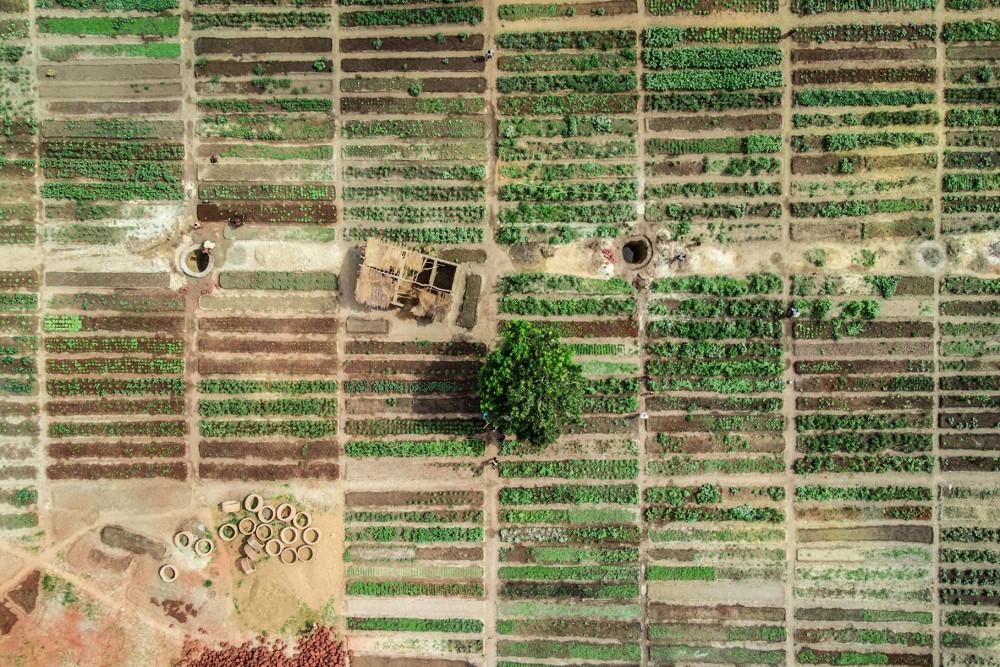
By 2030, the ICRC's greenhouse gas emissions will have been reduced by at least 50% compared with 2018 levels.
By 2025, awareness, understanding and implementation of international humanitarian law protecting the environment will have been strengthened among states and parties to conflict through the ICRC's bilateral and multilateral engagement, publications and legal tools.
By 2025, climate and environmental risks will have been factored into all programmes.
Quote
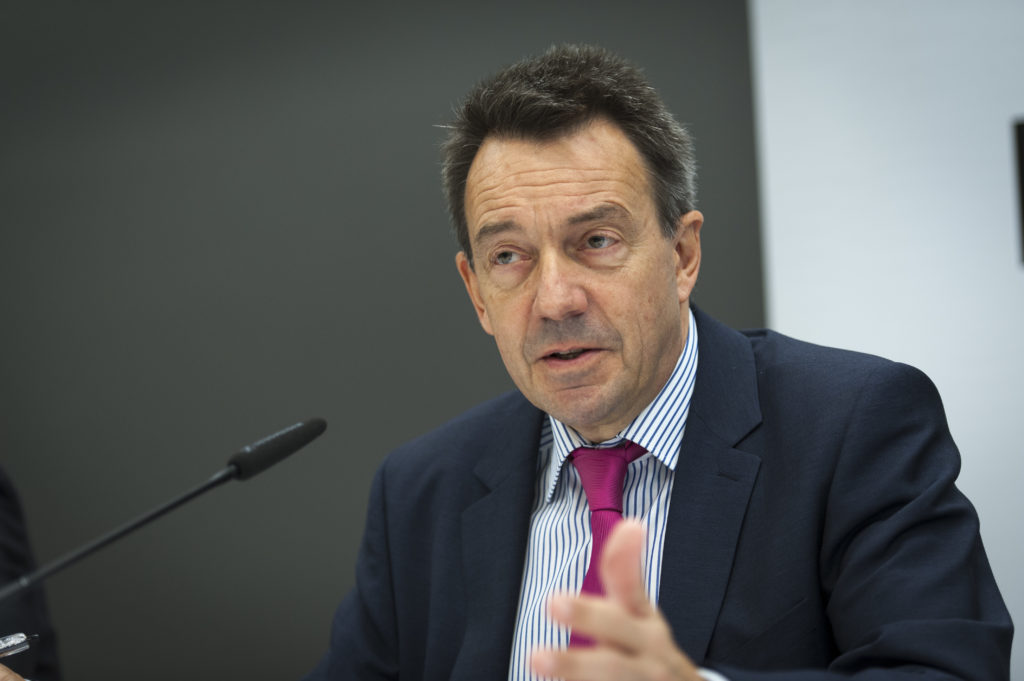
The most vulnerable people in conflict areas are the hardest hit by climate change and are among the most neglected by climate action. We call for a reversal of this trend. And we are committed to reducing our impact on the environment, for example, by halving our greenhouse gas emissions compared to 2018 levels. We are engaging with the Climate Action Accelerator to achieve this.
Peter Maurer, President, International Committee of the Red Cross
Quote
We need to join forces across the humanitarian sector and beyond to mitigate climate change and ensure that people are adequately supported as they adapt to the climate crisis now and into the future. Inaction is not an option. Robert Mardini, Director-General, International Committee of the Red Cross
Resources
Cover photo © Mackenzie Knowles-Coursin/ICRC, Kenya, 2020.
Hotspot photo (The Climate Charter) © Florent Vergnes/ICRC, 2020.
